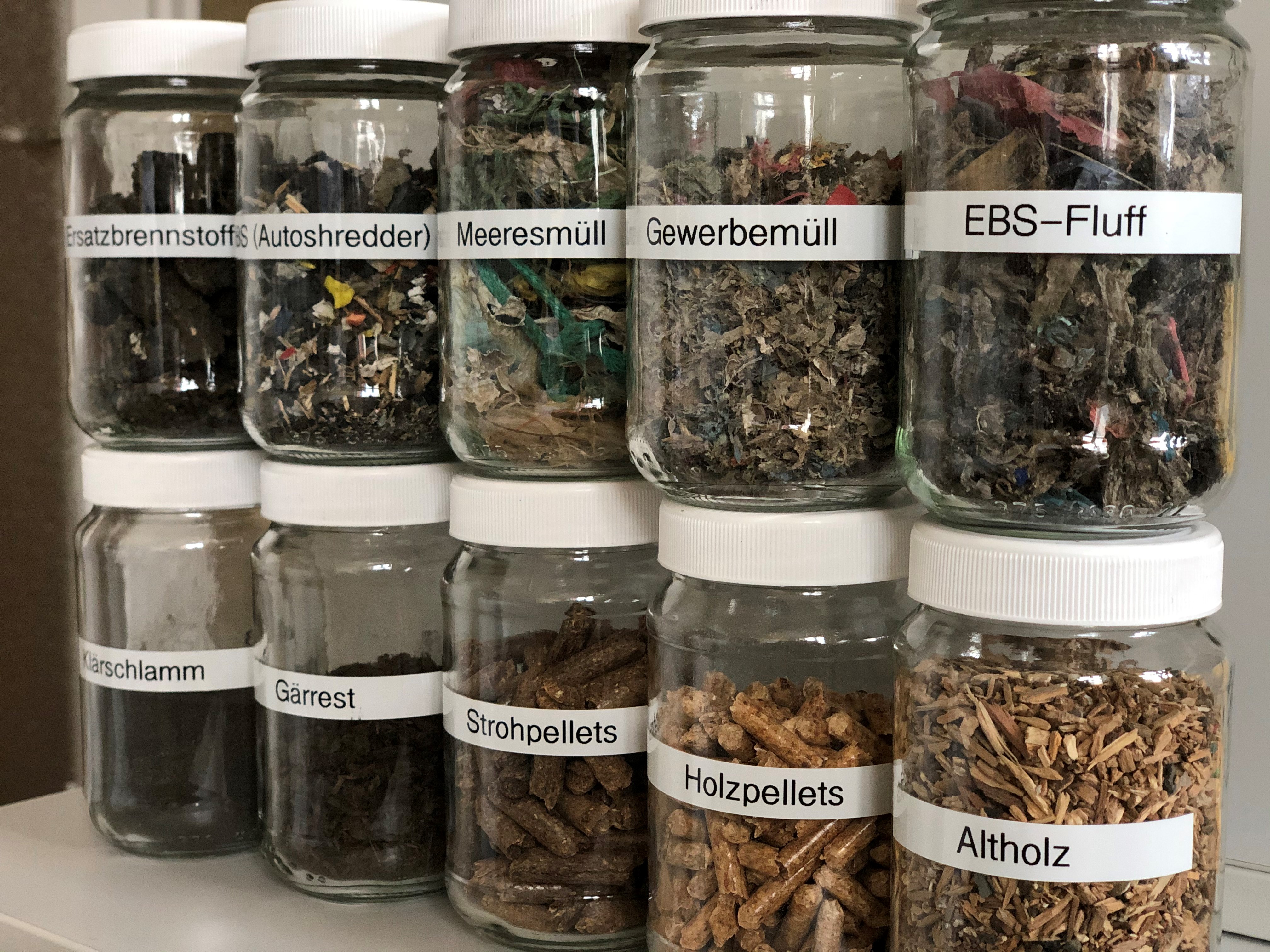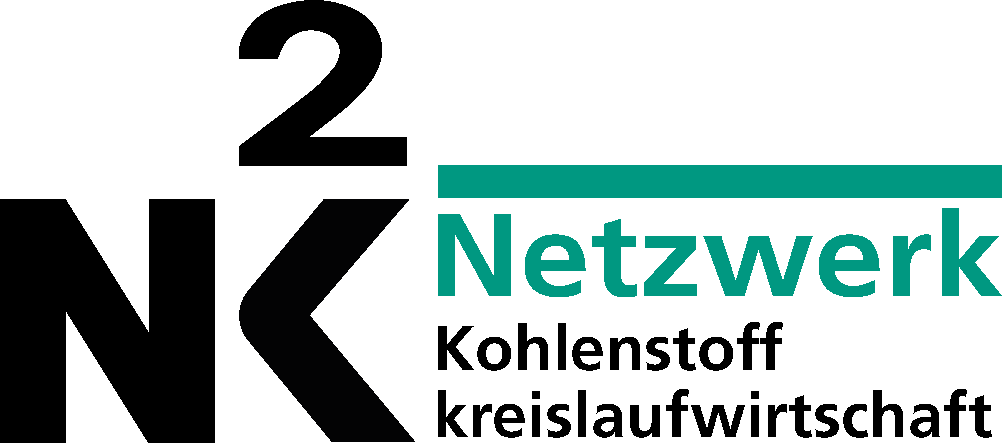Grant by European Climate Foundation to IEC to support evaluation of chemical recycling technologies
The Institute of Energy Process Engineering and Chemical Engineering, TU Bergakademie Freiberg (IEC) has been awarded a grant by the European Climate Foundation (ECF) to develop recommendations for systemic evaluation of chemical recycling technologies.

“Today, waste remains predominantly landfilled or incinerated. Such disposal routes are associated with significant environmental and climate impacts. In order to achieve the targets of a circular economy and contribute to achieving a net‐zero society, it is necessary to achieve higher recycling targets so that materials can be recirculated into the production cycle”, highlighted Dr. Roh Pin Lee, Head of the R&D Division Technology Assessment at the Chair of Energy Process Engineering (EVT) at IEC.
Recycling can be differentiated into mechanical (also referred to as material recycling) and chemical recycling (also referred to as advanced or feedstock recycling). Unlike mechanical recycling, chemical recycling is currently not established on the market. There is significant controversy about its contribution to the circular economy. Concerns range from its resource efficiency, environmental impacts, economic competitiveness, to the possibility for easy integration in existing supply chains and chemical production lines. Its role in the waste hierarchy is also is controversially debated. However, as chemical recycling consists of diverse emerging technologies which are generally not well documented, decision‐makers often lack a well‐founded data basis to evaluate the potential of chemical recycling in contributing to a circular and net-zero society. Additionally, life cycle analysis (LCA) and techno-economic assessment (TEA) studies on chemical recycling technologies are often not transparent enough as to assumptions and boundary conditions they have utilized for the assessments (i.e. "black box").
“With the one year grant from ECF, our aim is to address the challenge of comparability and transparency of LCA and TEA data/results”, commented senior researcher Florian Keller who’s heading the LCA evaluation project. Goal of the ECF grant to IEC is to support the development of a consistent framework for the application and reporting of LCA and TEA for chemical recycling technologies so as to increase consistency, transparency, and comparability in systemic assessments of their environmental and climate impacts, as well as support policy discussions and public dialogue.
TU Bergakademie Freiberg: News
 Fraunhofer IMWS
Fraunhofer IMWS